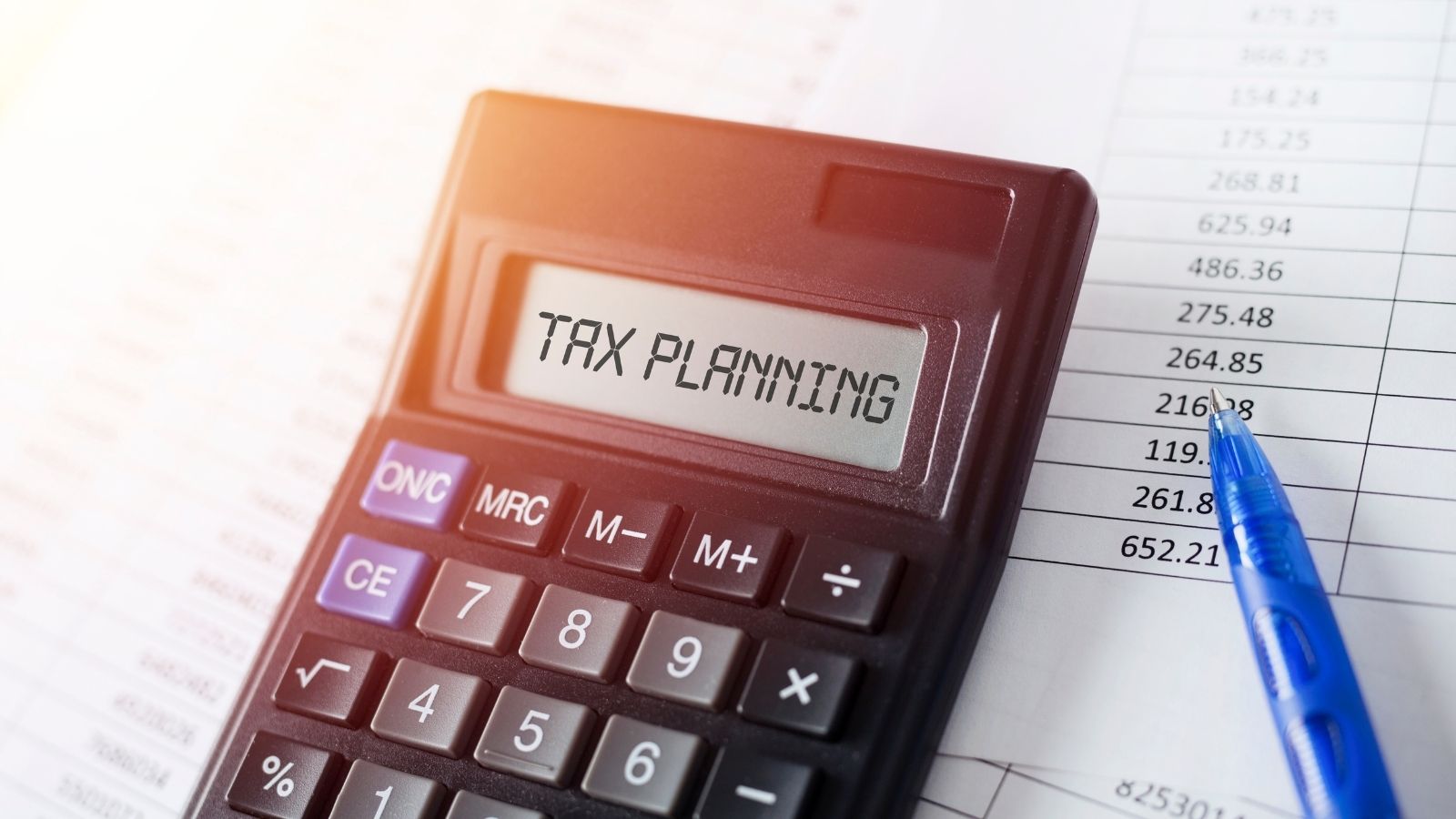
You’re making your list, you’re checking it twice… but it’s not for Christmas. COVID-19 has upended the universe, and the holidays probably won’t be quite the same this year. But one thing’s for sure: the IRS doesn’t flinch, even in a pandemic. So it’s time to get ready for tax time with our Year-End Financial and Tax Planning Checklist.
The time for an annual assessment of your financial standings is now. There are so many aspects to a comprehensive financial review, but here are a few questions you might want to answer:
- Have you reviewed this year’s investment gains and losses (for tax harvesting)?
- Are you aware and/or taking advantage of recent changes due to the CARES Act with RMD withdrawals and Roth conversions?
- Is your asset allocation keeping up with your goals?
- The deadline for open enrollment is approaching quickly. Have you been in touch with your HR department or health care company regarding health insurance or HSA/FSA plans?
- Is your estate plan up to date?
- Is your life insurance sufficient?
- Have you made use of the $15,000 annual gift tax exclusion?
Roth IRA Conversions
Many tax and IRA laws have changed or been temporarily modified during COVID with the CARES Act. Let’s consider IRA Roth conversions first. The year 2020 might be the most opportune time to convert a portion of your traditional IRA to a Roth IRA. The Tax Cuts and Jobs Act reduced the income tax brackets, including the highest, from 39.6% to 37%, but only until 2025 when rates go back to 2017 levels. (1) So consider doing Roth conversions this year and before tax rates rise. And remember, RMDs were waived this year due to the coronavirus, but this might be an opportunity for you to convert that amount and lower your tax-deferred balances for next year’s RMD.(2) Be sure to maximize your IRA and 401(k) contributions by the end of the year for company plans, or April 15th, 2021, for IRAs. For IRAs, the 2020 maximum annual contribution is $6,000 and $7,000 if you are over 50. For 401(k)s, the maximum yearly contribution is $26,000 for those over 50.
Health Savings Account (HSA)
If it’s your company’s health insurance enrollment time, consider contributing to an HSA (health savings account). HSAs allow you to put aside pre-tax money to help pay for medical costs, such as deductibles. For a single person, maximum contributions for 2021 are $3,600 and $7,200 for those filing jointly. There’s no “use it or lose it” clause for HSAs, so you can build up your savings in an HSA for use in retirement. If you’re 65 or older, you can even use the funds for non-medical expenses, but it will be taxed as ordinary income. (3)
Capital Gains Year End Distributions (CGD)
Are you wondering about how capital gains distributions will affect your tax situation this year? Don’t forget to mark your calendar for year-end fund distributions. If you own mutual funds and ETFs in a non-qualified account, you don’t want to be caught off guard. A quick refresher: these are payments made by a mutual fund or an exchange-traded fund (ETF) as your share of the earnings from the fund’s sales of stocks and other assets. Mutual funds are required to give regular CGDs to shareholders who can take them as immediate payments or reinvest these distributions by purchasing more fund shares. In non-retirement accounts, capital gains distributions are taxable, and those taxes will need to be paid whether you choose to take a payment or reinvest the distribution. However, if you own the fund as part of an IRA, 401(k), or other tax-deferred retirement plan, the taxes aren’t due that tax year, but rather when you make a withdrawal from your retirement account. According to the IRS, capital gains distributions are taxed as long-term capital gains regardless of how long you’ve owned fund shares. We can discuss tax-efficient investment strategies to offset any taxes you might owe. (4)
We’re Here To Help
If you’re feeling overwhelmed, don’t worry, – we’re here to help. With the assistance of our comprehensive Year-End Financial and Tax Planning Checklist, we’ll guide you through an evaluation of your financial plan and use techniques that may provide tax savings and avoid unwanted surprises on April 15. Schedule a short call today by contacting 858-935-7808, emailing cblair@cbfinancialservices.org. If you haven’t already received CBFS’ End of Year Checklist, please let us know via email or by phone and we’ll be happy to provide it to you.
About Cheri
Cheri Blair is a financial planner and the founder of Cheri Blair Financial Services, where she provides client-centric financial planning services that equip and motivate her clients to pursue financial independence. With 25+ years’ experience, Cheri uses a relationship-based approach to help individuals and small business owners build a financial plan customized to their life situation, goals, and vision for themselves and their businesses. Because of her own financial journey, Cheri knows firsthand why it’s so essential for women to not only understand their finances but also feel empowered and confident when making their financial decisions. In addition to her one-on-one work with her valued clients, Cheri also provides informational seminars and workshops to further her mission of educating, supporting, and inspiring women with financial literacy. To learn more about Cheri, connect with her on Facebook and LinkedIn.
1 https://www.investopedia.com/taxes/trumps-tax-reform-plan-explained/
2 https://www.fa-mag.com/news/the-five-best-2020-tax-planning-ideas-58134.html?section=47&page=3
3 https://www.aarp.org/retirement/retirement-savings/info-2018/health-savings-account-retirement-planning.html
4 https://www.investopedia.com/terms/c/capitalgainsdistribution.asp
